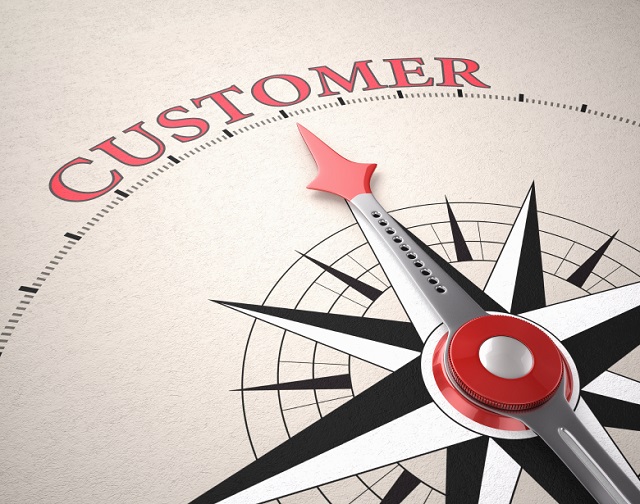The arrival of the internet and its subsequent popularization brought a new multi-channel customer. A client that was in both online and offline, although there was still a division between both worlds. At least, this was the understanding in the Marketing and Sales Departments of companies that used differentiated strategies between the two environments.
However, the increasing digitalization of society, both for personal use and in the workplace, has made both spaces are merged. The client, today, is omnichannel, which means that the fine line separating the online from the offline has been blurred, to the point that the two worlds converge into one. According to the annual IAB study (Advertising, Marketing and Digital Communication Association in Spain), the omnichannel customer will change from 51% in 2016 to 78% in the coming years. Companies must adapt to the omnicanality if they want to attract the customer of the 21st century.
The main mistake in an Omnicanal Marketing campaign is to forget that the channels will never adapt to our strategy. We must adapt ourselves to the channels (e-mailing, Social Networks, Content, offline actions, etc.) and to the different platforms (computer, mobile or Tablet), but keeping the essence in our campaigns. A unified strategy and a consistent message will increase our likelihood of success.
Paradoxically, in the age of globalization, personalization triumphs. To achieve this personalization, Marketing and Sales require in-depth customer knowledge. Omnicanal Marketing is, above all, Data Marketing. Knowing the digital profile of each client or what their habits will help us segment our target audience and offer an individualized message.
Therefore, the Omnicanal Marketing must be based on a coherent strategy to be credible, adapted to the channel to be integrated in each environment and personalized so that the message reaches the client and persuades. Such a complex scenario requires Marketing and Sales to maintain a collaborative and integrative spirit. According to Oracle data, 44% of brands admit that conversion of leads is more successful when all teams. Marketing and Sales, are aligned.
According to Hugo Amann, CEO of the technology company arin “Only the cloud offers us that collaborative environment and the necessary tools so that Marketing and Sales can be aligned in the same direction. It allows us to know the customer in depth for their correct segmentation, optimize our Marketing campaigns, analyze their performance, reduce costs, and facilitates the generation of leads and sales opportunities with a greater guarantee of success”.
Quick on Cloud are packaged, technologically advanced solutions based on web and Microsoft environments that simplify, standardize and automate business processes, adapting to the requirements that each business needs.
Solutions that respond to Sales, Marketing, Finance and HR areas increasing the company’s capabilities in a faster implementation and adoption, with tight and closed costs. All under the arin experience and Oracle technology and innovation.

